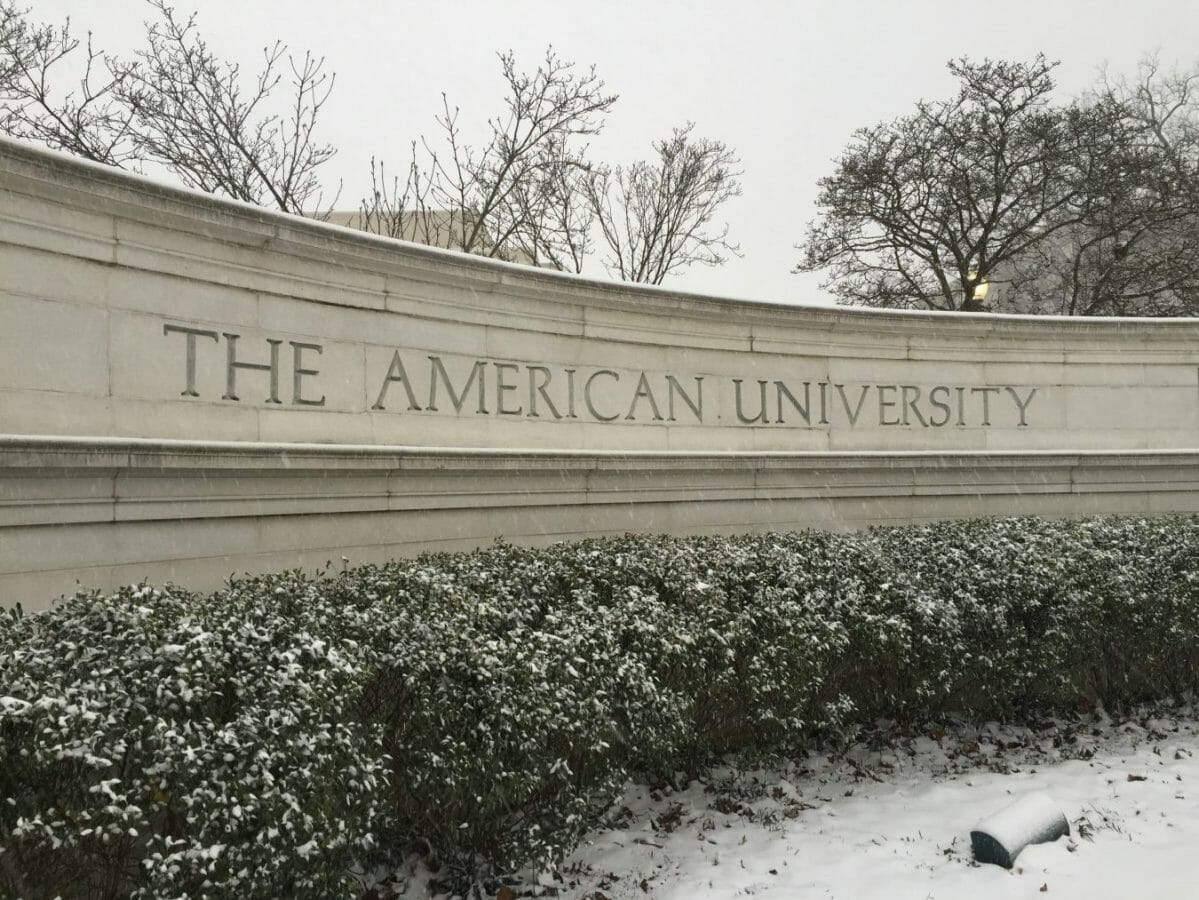
Articles
K-12
Khan Academy and NWEA Launch MAP Teaching Tool, Furthering Shift to Personalized Learning
By Henry Kronk
November 05, 2019
Over the past semester, five districts across the U.S. have been piloting a new tool jointly offered by Khan Academy and the Northwest Evaluation Association (NWEA) that combines insights from the MAP Growth tests with in-class learning. MAP Accelerator provides adaptive personalized instruction for learners. After a successful pilot, the organizations released it to the public on November 4.
NWEA develops the widely used MAP Growth tests, which serve as a supplement to the various ‘high-risk’ standardized tests. Instead of delivering the same test to determine a student’s ability compared to their peers and pre-set standards, MAP Growth tests assess students regularly over time and provide stakeholders a detailed snapshot of a learners’ ability and growth according to their past performances.
The MAP Accelerator from NWEA and Khan Academy Is Now Publicly Available
MAP Accelerator marries the NWEA’s assessment power with Khan Academy’s ‘mastery learning system.’
The result is adaptive personalized courseware that allows students to progress through subjects independently, aided by their teacher’s supervision. The MAP Accelerator uses students’ test scores to come up with unique learning pathways for each learner. Teachers can tinker with these pathways by adjusting the goals learners work towards.
At the moment, the MAP Accelerator is being applied to grades 3-8 in the subject of math, delivered in either English or Spanish. Language arts instruction is in the works for the 2021-2022 school year.
Khan Academy and NWEA announced they would be piloting the MAP Accelerator over the summer. Since, five school districts have put the course supplement to the test. These are: Jefferson County School District in Louisvill, Ky.; Pajaro Valley Unified School District in Watsonville, Calif.; Madera Unified School District in Madera, Calif.; Glendale Unified School District in Glendale, Calif.; and Clark County School District in Las Vegas, Nev. These districts teach a combined 180,000 students.
According to the organizations, the feedback from the use of MAP Accelerator has been better than expected.
“Our partnership with NWEA and Khan Academy is a game changer for our students and teachers. Partnering with two of the nation’s best not-for-profits provides impactful tools for teachers to create customized instructional plans for our students,” said Clark County School District Superintendent Jesus F. Jara, in a statement. “It provides teachers with information to leverage data on individual students’ learning pathways and gives them the ability to adapt to particular instructional needs so our students can experience academic growth.”
“Our participation in this pilot is aligned with our district’s vision to support each student to excel academically through personalized instruction,” said Dr. Michelle Rodriguez, Superintendent of Schools for Pajaro Valley Unified School District, in a statement. “MAP Accelerator is an exciting opportunity to provide access to authentic personalized learning for every student.”
The Organization Is All-In on Adaptive Personalized Learning
Khan Academy began as a series of short instructional YouTube videos authored, at first, by founder and CEO Salman Khan. As the organization and the platform have grown, Khan Academy has begun to place an expanded emphasis on adaptive personalized learning, especially as it applies to standardized tests.
Khan Academy partnered with the College Board in 2015 to offer SAT test prep. Since, the org has expanded to the LSAT, the MCAT, and many others. It has established a relationship with ETS, another non-profit that authors the SAT and dozens of others.
In FY 2017, Khan Academy reported revenue in excess of $52.8 million. $42.8 million of this total came from contributions and grants. In other words, Khan Academy has one the most unique business models in the edtech sector.
What’s more, they’ve been aggressively reinvesting their earnings in digital capacity. The organization said they spent $32.7 million on program service expenses during the same year. $22.1 million of that sum went to “Platform Development.”
As the company wrote on their Form 990, “Our platform development team focuses on building the web and mobile software that allows us to offer students a world-class personalized learning experience across multiple subject areas. By strengthening the platform, we are able to provide students with a learning experience that rivals that of a personalized, always-available tutor. In 2017, an average of 8 million learners were active on Khan Academy each month, approximately 1/3 of which were located outside of the U.S.”
Featured Image: Steve Jurvetson, Wikimedia Commons.








No Comments